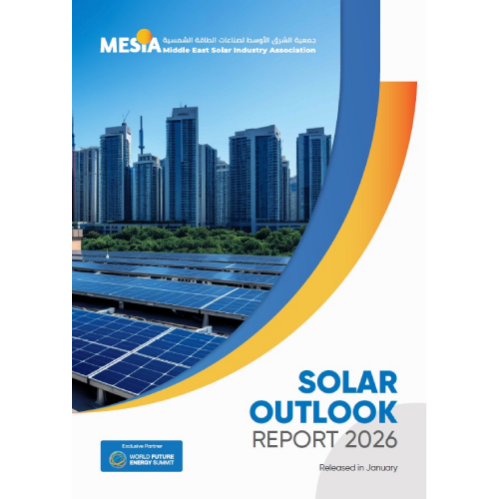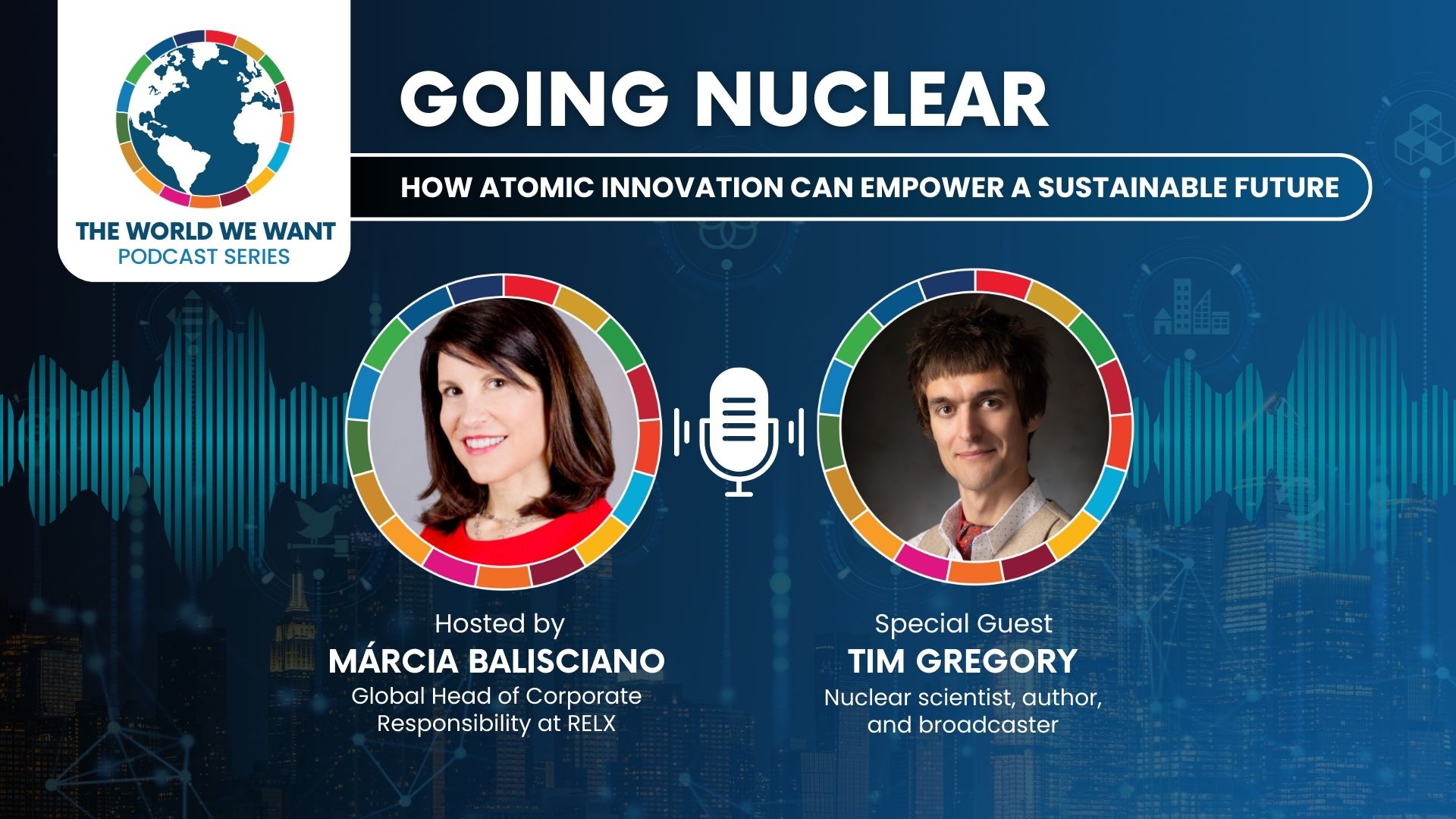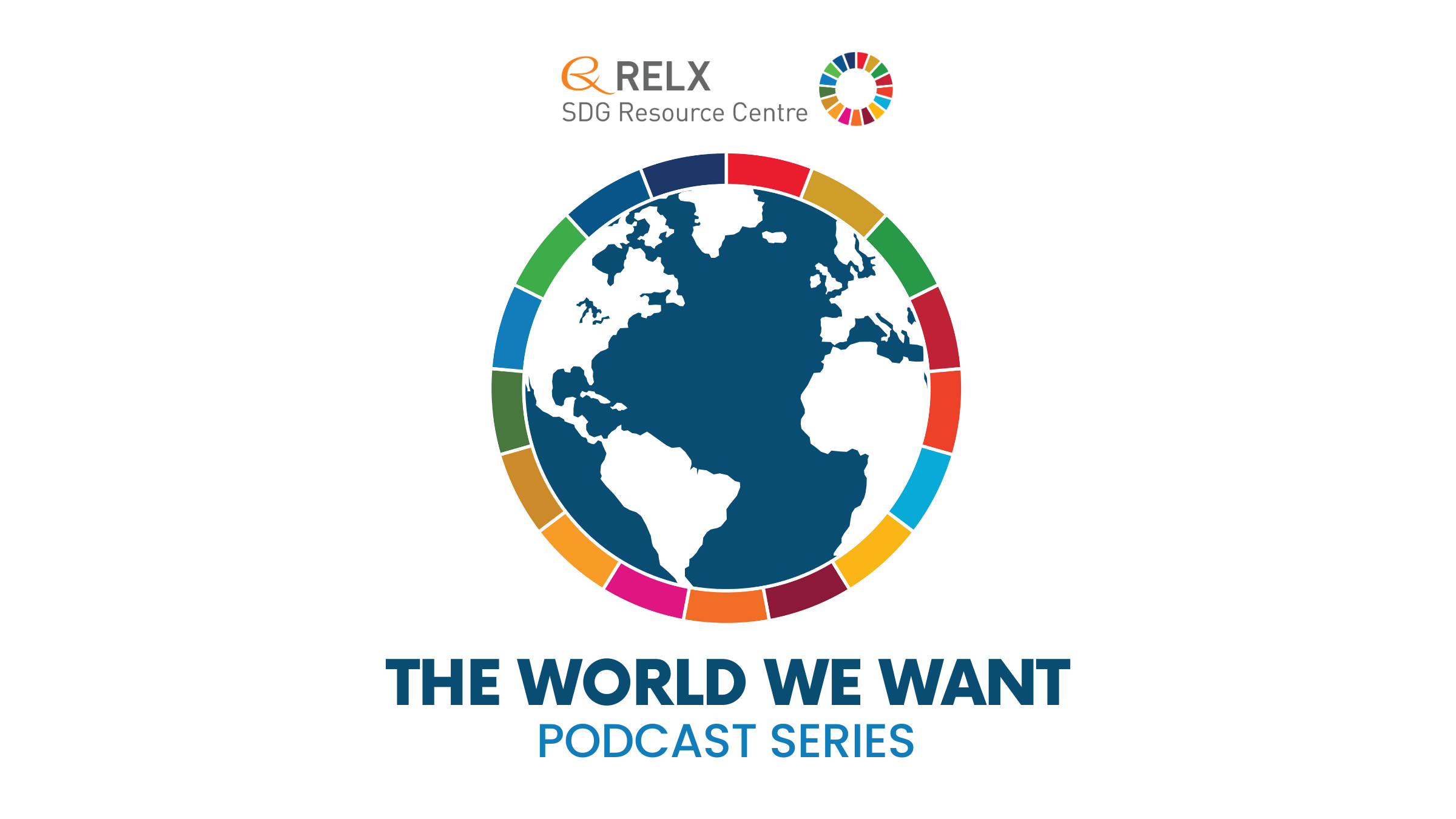Emerging renewable energy sources, encompassing advanced solar technologies, marine energy, and innovative bioenergy solutions, are essential in realizing the United Nations Sustainable Development Goals (SDGs). These sources are instrumental in addressing a variety of environmental, economic, and social challenges, highlighting the interconnected nature of these global goals.
One of the primary SDGs addressed by these renewable energy sources is SDG 7, which aims for Affordable and Clean Energy. By providing access to affordable, reliable, sustainable, and modern energy, these technologies help bridge the energy gap, especially in underdeveloped and developing countries. Advanced solar technologies, for instance, harness the sun's power more efficiently and are becoming increasingly cost-effective, making solar energy more accessible to a broader population. Similarly, marine energy, derived from ocean waves, tides, and thermal gradients, offers a vast and largely untapped source of clean energy. Innovative bioenergy solutions, which convert organic materials into electricity, heat, or biofuels, also contribute to a more diversified and sustainable energy mix.
Moreover, these renewable energy sources directly contribute to SDG 13 – Climate Action. By reducing reliance on fossil fuels, they significantly lower greenhouse gas emissions, a major factor in global warming and climate change. The shift to renewables not only curbs emissions but also fosters a more resilient and adaptable energy infrastructure, capable of withstanding climate-related hazards.
The development and implementation of these clean energy technologies also support SDG 9, which focuses on Industry, Innovation, and Infrastructure. The advancement of renewable energy technologies drives innovation in various sectors, including materials science, engineering, and digital technologies. This innovation spurs economic growth and helps build resilient infrastructure, essential for sustainable industrialization.
In terms of economic benefits, these renewable energy sources align with SDG 8, which promotes Decent Work and Economic Growth. The renewable energy sector is a significant job creator, offering a range of employment opportunities in research and development, manufacturing, installation, and maintenance. These jobs not only contribute to economic growth but also support community development and contribute to poverty alleviation.
Furthermore, the expansion of renewable energy can play a vital role in addressing SDG 10, which aims to Reduce Inequalities. Access to clean and affordable energy can transform lives, particularly in remote and underserved regions. It can improve living standards, enhance education and health outcomes, and boost local economies, thereby reducing inequalities within and among countries.
The proliferation of emerging renewable energy sources is not just about transitioning to a cleaner energy mix; it is fundamentally about fostering a sustainable, equitable, and prosperous future for all. These technologies are pivotal in achieving the SDGs, reflecting their multifaceted benefits that span environmental protection, economic growth, social inclusion, and innovation. As such, the global push towards renewable energy is a critical step in the journey towards achieving sustainable development worldwide.
Short summary: This report explains how hurricanes and other long duration extreme wind events can generate repeated cyclic pressures on single axis tracker systems that accumulate as fatigue loading over time. It finds that commonly used standards and analytical approaches may not represent real hurricane cycle counts, pressure amplitudes, or the full module purlin assembly behavior.
Short summary: This report examines how the global energy transition entering 2026 is being reshaped by artificial intelligence, decentralised infrastructure, and resource resilience. It outlines how intelligence-driven systems, water security innovation, and cost-focused clean technologies are redefining energy generation, distribution, and industrial transformation.
The Solar Outlook Report 2026 examines the structural transition of the MENA solar sector from rapid capacity expansion toward grid integration, system resilience, and digitalized operations. It analyzes how infrastructure readiness, energy storage, technology performance in desert conditions, and artificial intelligence are shaping the region’s ability to scale renewables reliably. The report also highlights regional market differences and policy frameworks influencing deployment through the end of the decade.
Bringing together industry leaders, innovators and global thinkers, Future Energy Insights by the World Future Energy Summit takes an in-depth look at renewable energy and sustainability. Featuring lively debate and passionate discussion, the series covers six core topics: clean energy, water scarcity, smart cities, circular economies, waste management and climate change. It shines a spotlight on the critical issues and major gamechangers shaping the sector today.
World Future Energy Summit and the RELX SDG Resource Centre have announced a new partnership to support sustainability innovation and knowledge-sharing across industries.
The RELX SDG Resource Centre will act as a “Knowledge for Sustainability” Partner to World Future Energy Summit, leveraging RELX’s data, insights and analytics to support evidence-based solutions for the energy transition and sustainable development.
Mahfuz Kabir, Zobaidul Kabir, Nigar Sultana, Chapter 14 - Climate change, sustainability, and renewable energy in developing economies, Editor(s): Imran Khan, Renewable Energy and Sustainability, Elsevier, 2022, Pages 377-415, ISBN 9780323886680, https://doi.org/10.1016/B978-0-323-88668-0.00001-2.







